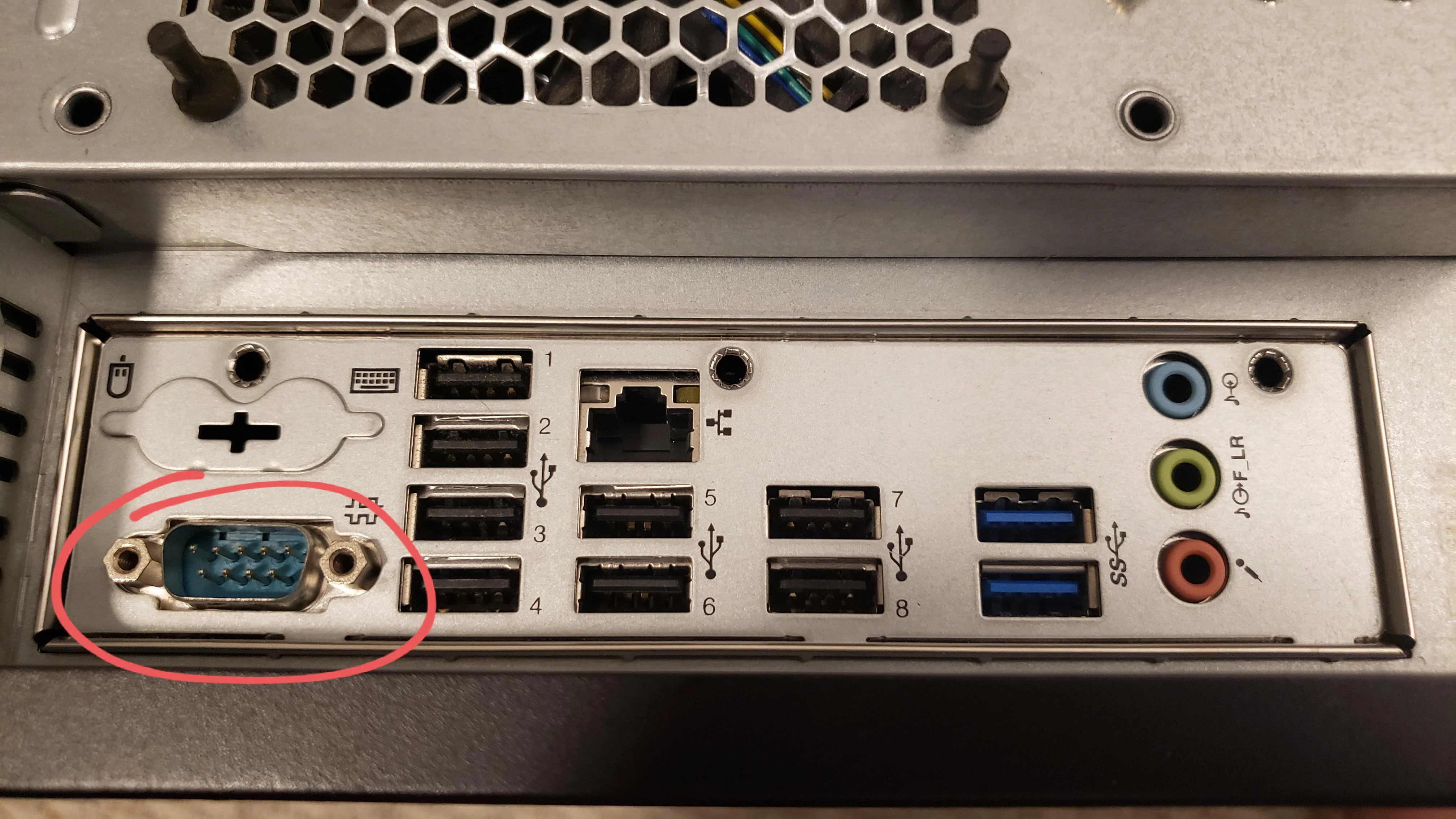
When it comes to connectivity and compatibility, devices often rely on various connectors to transfer data or power. One common connector type is the DB9 connector, which has been widely used in the technology industry for decades. The DB9 connector, also known as a D-subminiature connector, is a 9-pin connector primarily used for serial communication. While it may not be as commonplace today as it once was, it still serves a critical purpose in certain devices. In this article, we will explore which type of device is most likely to use a DB9 connector and dive into the significance of this connector in today’s tech landscape.
Inside This Article
TITLE: Which Device Would Most Likely Use A Db9 Connector
A Db9 connector, also known as a DE-9 connector, is a type of connector commonly used in electronics and computer systems. It features nine pins and is primarily used for serial communication purposes. While Db9 connectors have become less common in recent years due to the rise of USB and other interfaces, there are still several devices that are likely to use this type of connector. In this article, we will explore some of the devices that would most likely use a Db9 connector.
1. Computer Peripherals
One of the main applications of Db9 connectors is in computer peripherals. Devices such as mice, graphic tablets, and external modems often utilize Db9 connectors for their serial communication needs. Serial mice, in particular, were quite popular in the past and required a Db9 connector to connect to the computer. While USB has largely replaced serial connections in computer peripherals, there may still be some legacy devices that require a Db9 connector.
2. Industrial Control Systems
Db9 connectors are commonly found in industrial control systems. These systems often involve the interface between a computer or control unit and various machinery or equipment. Examples of devices that may use Db9 connectors in industrial settings include programmable logic controllers (PLCs), motor drives, and sensors. The robust and reliable nature of Db9 connectors makes them suitable for these demanding applications.
3. Networking Devices
Db9 connectors also find their place in networking devices. While Ethernet has become the standard for network connections, there are still some legacy networking devices that rely on serial communication. Devices such as routers, switches, and console servers may utilize Db9 connectors for configuration and management purposes. These connectors allow for direct serial connections to these devices for initial setup or troubleshooting.
4. Telecommunication Equipment
Telecommunication equipment often requires serial communication for configuration and maintenance. Devices like modems, fax machines, and PBX systems may use Db9 connectors for their serial interfaces. These connectors enable technicians to connect to the devices and perform tasks such as firmware updates, diagnostics, and debugging. In the telecommunication industry, Db9 connectors are still widely used due to their compatibility with existing equipment.
Conclusion
After exploring the world of DB9 connectors and their compatibility with different devices, it is clear that these connectors are predominantly used in older technologies such as serial ports and computer peripherals. As technology has advanced, the use of DB9 connectors has become less common, with newer devices opting for more modern and versatile connectors like USB or HDMI.
However, there are still some niche applications where DB9 connectors are essential, such as in industrial equipment, professional audio and video equipment, and certain types of telecommunications devices. In these cases, DB9 connectors provide reliable and secure connections for data and signal transmission.
While it may be challenging to find consumer devices that use DB9 connectors in today’s market, understanding their purpose and potential applications can be valuable for professionals working in specific industries. Keeping up with the rapid pace of technology, it’s important to stay informed about the latest connector types and their compatibility with various devices.
In summary, although DB9 connectors may not be as prevalent as they once were, they still play a vital role in certain industries. Their durability, reliability, and compatibility with older equipment make them a necessity in specific applications. As technology continues to evolve, it will be fascinating to see what future connector innovations will arise.
FAQs
Q: What is a dB9 connector?
A: A dB9 connector, also known as a D-sub 9 connector, is a type of electrical connector commonly used to connect devices together, particularly in computer and serial communication applications. It has nine pins arranged in two rows, allowing for the transfer of both data and power.
Q: Which devices typically use a dB9 connector?
A: dB9 connectors are commonly used to connect devices such as computers, modems, printers, and serial devices like a mouse or keyboard. They are also found in some audio and video equipment, though their usage has become less prevalent with the rise of digital connections.
Q: What are the advantages of using a dB9 connector?
A: dB9 connectors offer several advantages. They are relatively compact and cost-effective, making them suitable for many applications. They also provide secure connections and are well-suited for serial communication due to their ability to transmit data reliably over long distances.
Q: Are dB9 connectors still in use today?
A: While the usage of dB9 connectors has declined in many areas, they are still used in specific industries and applications. For example, industries that rely on legacy systems or require serial connections may still utilize dB9 connectors. However, in most consumer electronics and modern computing devices, dB9 connectors have been replaced by more advanced connectivity options.
Q: Can I convert a dB9 connector to a different type of connector?
A: Yes, it is possible to convert a dB9 connector to a different type of connector using adapters or cables. For instance, you can find adapters that convert a dB9 connector to a USB connector, allowing you to connect a legacy device with a modern computer. However, it’s important to ensure the compatibility of the devices and connectors before attempting any conversions.
